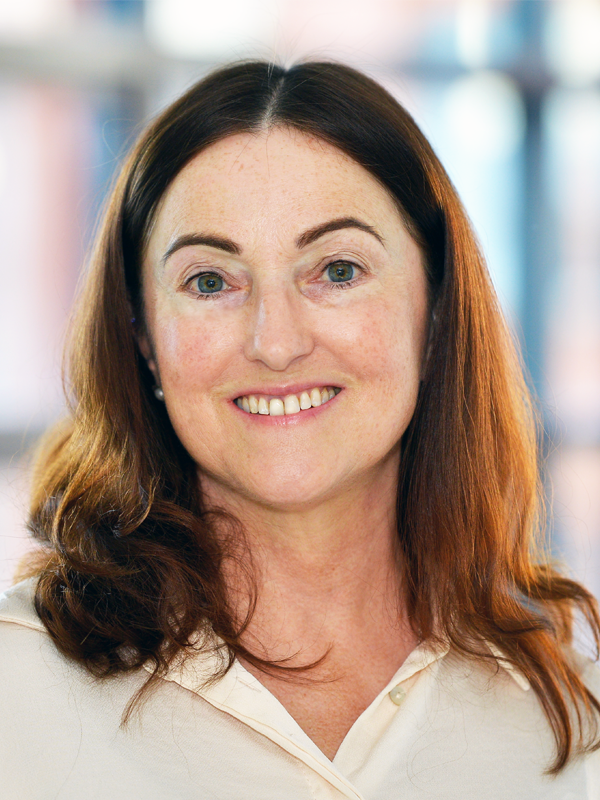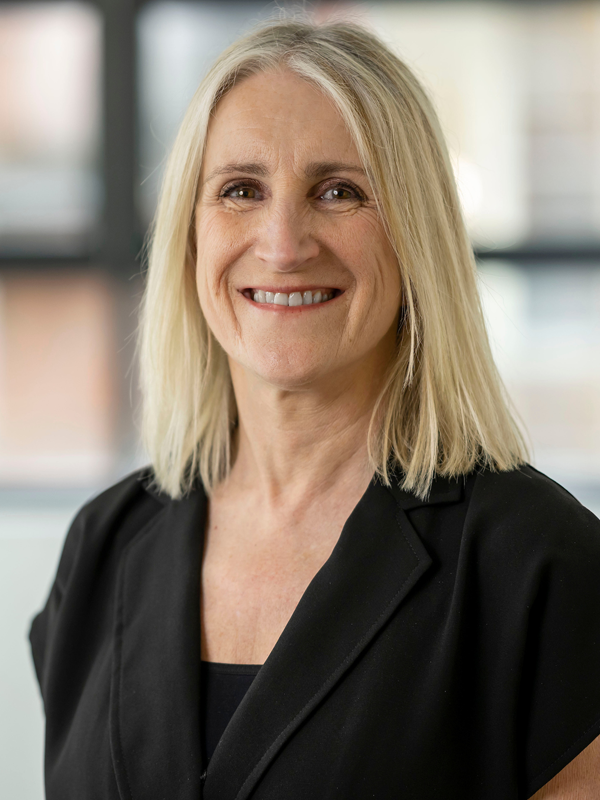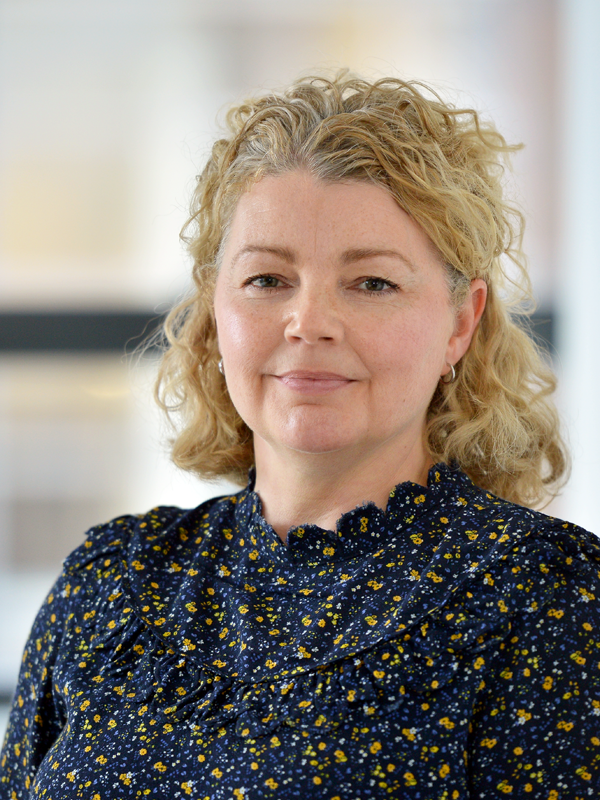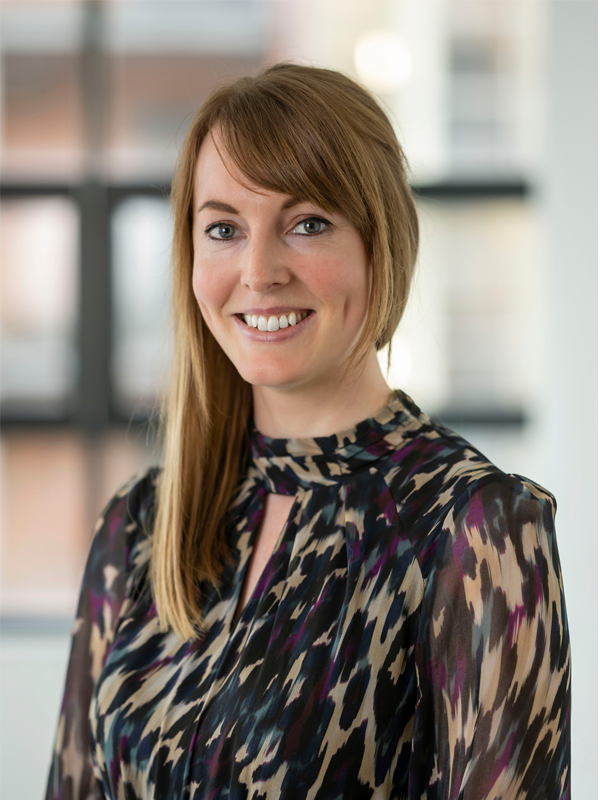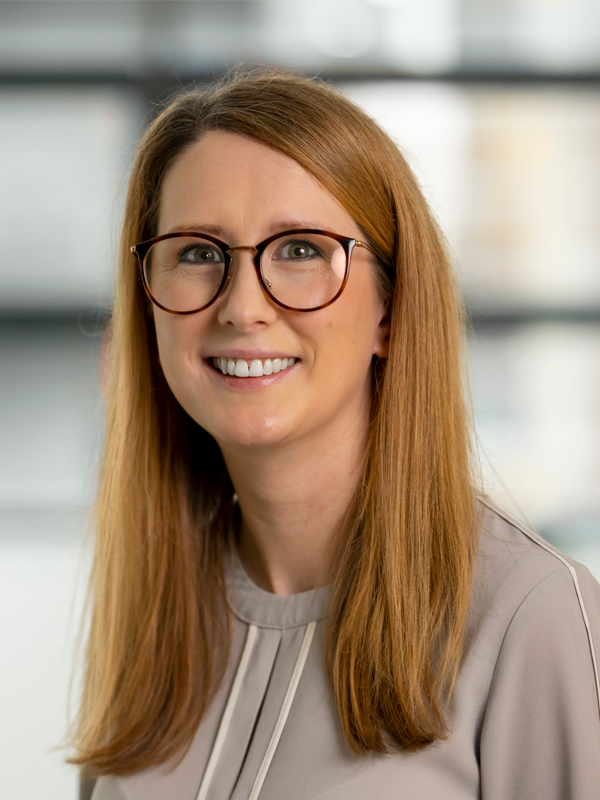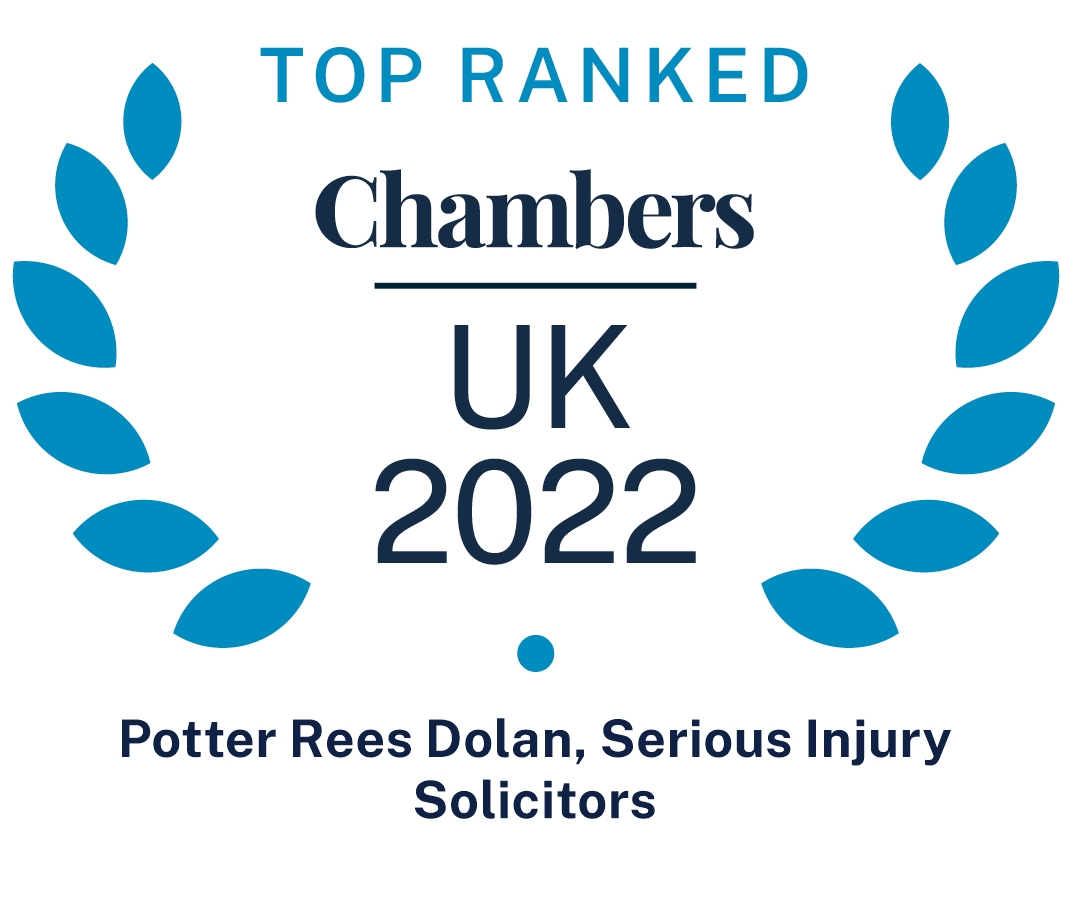Sarcoma Cancer Claims
Have you or a loved one suffered from a sarcoma, and feel the actions or negligence of a medical professional have increased that suffering due to delays in treatment or misdiagnosis? If so, the award-winning solicitors at Potter Rees Dolan could help you make a claim for compensation.
Based in Manchester, our team of clinical negligence solicitors is recognised as one of the best in the country, and they understand how important accurate and effective legal advice is at this confusing and stressful time in your life.
Our Partners Helen Dolan, Lesley Herbertson and Gill Edwards all feature in the prestigious Legal 500 and Chambers guides, and have significant experience of dealing with cases of this kind, despite sarcoma being such a rare form of cancer.
If you believe you are entitled to compensation due to clinical negligence in the diagnosis of your cancer, call us on 0800 027 2557. If you’d prefer to send us a message, please use our online enquiry form.
What is sarcoma?
A sarcoma is a rare form of cancer that affects around 5,300 people in the UK every year - around 1% of all cancer diagnoses in the country.
Sarcomas can form in any part of the body - bone and soft tissue - and, as a result, there are over 100 different types of sarcoma. However, they most commonly affect the arms, legs, torso, stomach and the female reproductive system.
According to the charity Sarcoma UK, the survival rate for sarcoma has been improving gradually over the past 20 years, but early diagnosis is an important factor.
Delayed diagnosis/misdiagnosis of sarcoma
Diagnosis of sarcoma usually takes place through a range of tests, which could include:
- Scans, which could be an MRI or CT scan, or an X-ray
- A clinical examination of a lump
- A bone scan
- A biopsy
However, because sarcomas are quite rare, they are sometimes misdiagnosed as something significantly less severe, like a muscle sprain or simple joint pain. This means a potentially dangerous delay in investigating the true cause of symptoms and appropriate treatment.
If your sarcoma was misdiagnosed or your diagnosis was delayed, and you feel this was caused by the negligence of a medical professional, we can help you understand if you are entitled to a compensation claim.
About Potter Rees Dolan
Potter Rees Dolan’s clinical negligence team has earned a reputation as one of the very best in the UK. With the Partners having a combined experience in serious injury law of over 60 years and comprehensive medical insight, the team has an unwavering dedication to helping families recover the compensation they deserve.
About Helen Dolan, head of the department, Chambers 2019 says: "Helen regularly handles complex claims, such as those related to psychiatric care. She has further expertise in spinal injury, surgical negligence and cerebral palsy claims, as well as breach of duty cases. One source states: 'Her attention to detail and knowledge of the case inside and out was exemplary.'"
The same publication said Lesley Herbertson “is very good on the complex details of the case and is able to translate this to clients."
Meanwhile, Gill Edwards is described as being "incredibly good with clients – they really warm to her - and very good on the medical details".
Additionally, Chambers 2019 calls our clinical negligence team as a whole a “well-regarded team with an impressive caseload of complex clinical negligence work” and says that sources highlight the "really nice, bespoke, high-quality" service we offer.
Our clients regularly tell us that it is the empathy and care with which we act that sets us apart. We specialise in serious and catastrophic injuries, so we know how difficult it can be to live with severe disability. It is our aim, therefore, to make the claims process as stress-free for you and your family as we can.
Funding
Most clinical negligence cases are funded on the basis of a “no win, no fee” agreement, otherwise known as a Conditional Fee Agreement. We can investigate your potential claim and you will not have to pay us a penny if your case is not successful. We will explain how a Conditional Fee Agreement works and obtain After the Event Insurance cover.
You may already have a legal expense insurance policy. In the first instance, we’ll always start by investigating whether you can use the same policy for your case, before considering whether a Conditional Fee Agreement may be more appropriate.
What happens next?
First, we will discuss your circumstances in detail and help you understand whether or not you have a case. If you do, we will assist you in gathering all of the necessary evidence to build a strong case, giving you the best chance of recovering the right amount of compensation.
Your medical records are our first port of call - we will obtain and go through them with you in depth.
We will then instruct independent experts to advise on whether or not you or your family member has received substandard treatment and whether this affected the outcome. Once we have positive expert evidence in support of your claim, we follow the pre-action Protocol by giving the defendant the opportunity to respond to the allegations before starting court proceedings. The claim will be progressed as quickly as possible, while always exploring opportunities to settle the case earlier if we can.
Where possible, we also work towards obtaining early interim awards. For those who have suffered amputation, interim payments are particularly useful for funding rehabilitation, prosthetics and improving access in your home.
Contact Potter Rees Dolan today
Our sensitive and caring Manchester based team are ready to help you get the support you need. Please don’t delay - give us a call on 0800 027 2557.
If you’d like one of our solicitors to call you back, fill out the form on the side of the page or visit our contact page. If there is someone specific at the firm you would like to speak to, visit their profile on our people page.
FAQs
What are the different types of sarcoma?
Bone sarcoma
There are around 670 bone sarcoma diagnoses in the UK every year, most typically affecting bones in the legs.
The most common types of bone sarcoma include:
- Chondrosarcoma - typically develops in the cartilage cells in the thigh bone, upper arm and pelvis
- Osteosarcoma - mostly affects the knee, shin, thigh bone or upper arm. It is most frequently diagnosed in teenagers and young people, but can also be diagnosed in older adults
- Chordoma - most chordomas affect adults in their 40s and 50s and tend to develop in the base of the spine or the base of the skull
- Ewing’s sarcoma - most commonly affects the pelvis, thigh bone and shin bone in teenagers and young adults, and can also develop in the soft tissue around the bone
Soft tissue sarcoma
Some of the common types of sarcoma that affect soft tissue include:
- Gastrointestinal stromal tumour (GIST) - this sarcoma develops in any part of the gastrointestinal tract, which runs from the oesophagus to the anus, but most commonly forms in the stomach and small bowel
- Malignant peripheral nerve sheath tumour (MPNST) - forms in the cells that cover nerves, and can be found anywhere in the body
- Kaposi’s sarcoma (KS) - this is caused by the HHV-8 virus, also known as Kaposi’s sarcoma-associated herpes virus (KSHV), and typically affects the skin and mouth
What are the symptoms of sarcoma?
Soft tissue sarcomas often present no obvious symptoms as they develop, but as they get bigger or spread, they can begin to cause symptoms depending on where in the body the cancer is located.
For instance:
- Sarcoma in the tissue beneath the skin could cause a lump that is larger than 5cm and increases in size
- Sarcoma near the lungs may cause a cough
- Sarcoma near the stomach or in the gastrointestinal tract may cause abdominal pain
Bone sarcomas, on the other hand, could lead to:
- Swelling
- Restricted joint movement
- Bone pain that occurs most often at night

